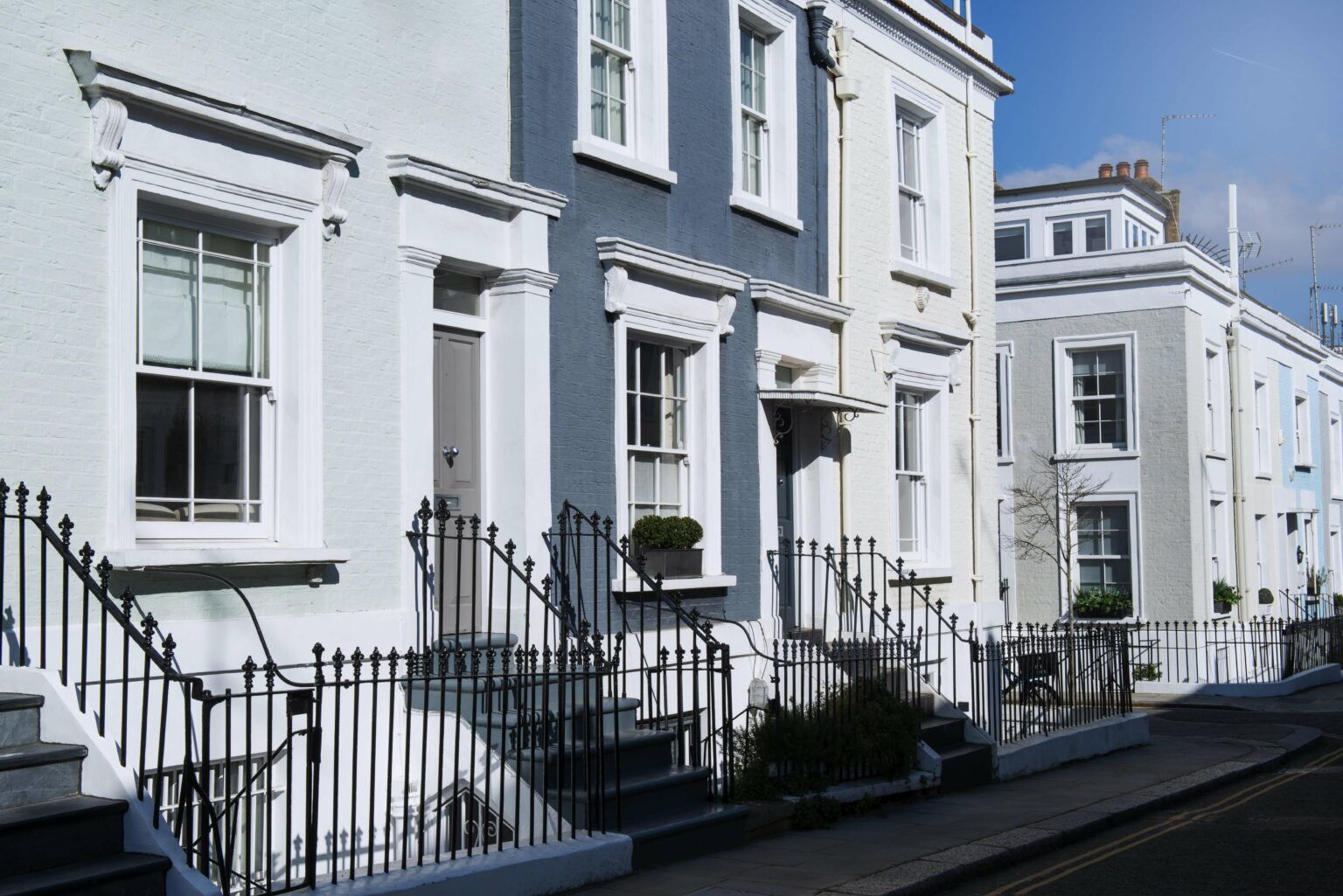Purchase Freehold Property in the Southeast of United Kingdom

In the Commonhold and Leasehold Reform Act 2002 and the Leasehold Reform Act (as amended) 1993, the residency test has been abolished, which means that a leaseholder now only needs to have owned the flat for 2 years before he or she can apply for a lease extension or buy a freehold.
A leaseholder has the right to buy the freehold of a house if the house is owned on a lease.
They do not need to live there to qualify. In addition, if they wish to sell their flat, they can also sell on their rights under Section 42 of the 1993 Act, so the new purchaser does not have to wait 2 years to qualify.
In order to exercise either right, a prescribed formal notice must be served on the freeholder and any intermediate landlords. The freeholder then needs to serve a counter notice within strict time scales or must either extend the lease or sell the freehold at the premium stated in the leaseholder’s notice.
However, before the notice is served, a valuation must be completed so that a premium can be entered in the notice. This valuation is known as the Lease Extension
Lease Extension help numerous groups of leaseholders buy their freeholds.
Leaseholders generally decide to purchase their freehold for two reasons:
- If they are unhappy with the way the freeholder has been managing the property.
- If they wish to add value to their property.
What are freehold properties?
Is it worth to buy freehold Property ?
Quick Enquiry Form
How will Lease Extension assist you in purchasing your freehold?

Lease Extension is a reputable company. We offer insightful advice when appraising freehold and leasehold properties in the UK. Our major goal is to support you in acquiring your ideal residence in the UK. We have chartered specialists who can assist you in every manner in order to purchase your freehold house.
- Lease Extension help you, check and report on the legal title.
- In the collective enfranchisement application process, we can assist you with value guidance.
- First-hand information on whether your building is eligible for collective enfranchisement
- Sending any value-related issue to the First Tier Tribunal when necessary (Property Chamber)
Before this can be achieved, you will need to have a professional valuation done and get some legal advice. Most freeholders are unwilling to relinquish their freeholds, and so the process becomes protracted. There are a number of qualifying criteria that you will need to meet before you can enfranchise, which the correct professionals can assist you with.
Our valuation team will make sure you receive the correct advice, avoid unnecessary delays and costs, and manage the entire valuation process for you from start to finish so that you are able to buy the freehold for as little as possible.
FAQs
Purchasing freehold property is safe enough as long as you work with competent solicitors and surveyors who are acquainted with the local legal system. When it comes to honesty, ethics, and providing homes for UK citizens, Leasehold
Valuations come first.
Both leasehold and freehold offer advantages and disadvantages, but which is better for you will depend on your needs, resources, and long-term objectives.
Compared to leasehold ownership, freehold ownership offers more certainty regarding ownership, more flexibility when selling the property, and easier access to mortgage loans. If finances are limited, leasehold ownership makes sense; otherwise, freehold ownership is always preferable.
Leasehold land is less expensive than freehold land. With freehold land, bank loans and repayments are simpler. You might have to put down a larger down payment for land if the land is freehold. Compared to leasehold property, freehold land has greater capital growth.
Valuation surveyors estimate that having a freehold increases a flat’s worth by 1 percent of its overall value when compared to a comparable asset. The rise in value of the property, however, isn’t always a compelling argument.